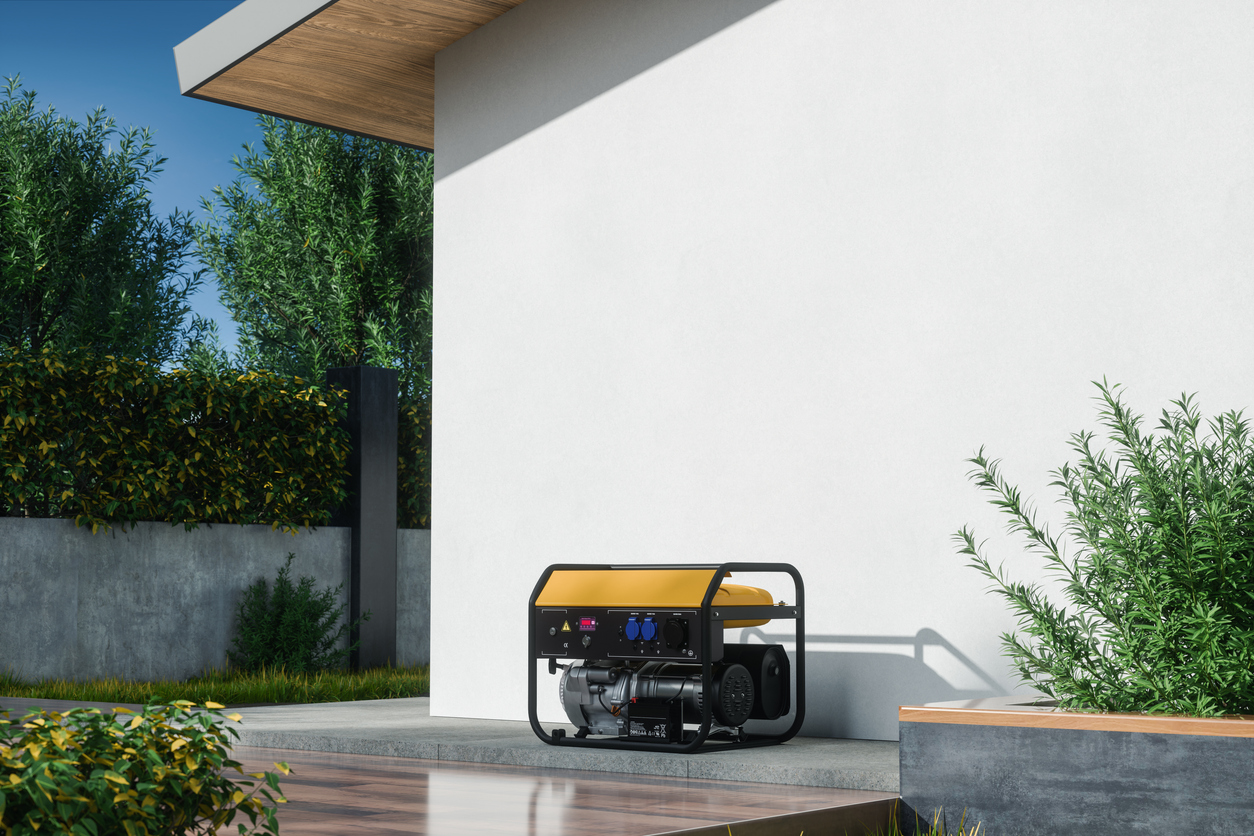Hardwood flooring has been a symbol of elegance and durability for centuries. Whether it’s in a modern home or a historic building, hardwood floors enhance the aesthetic appeal and functionality of any space. This article will explore the various aspects of hardwood floors, from their timeless beauty to their practical benefits, maintenance, and installation options.

The Beauty of Hardwood Floors
One of the most compelling reasons people choose hardwood flooring is its natural beauty. Unlike synthetic flooring options, hardwood comes in a variety of species, colors, and grain patterns that add warmth and character to any room. Each plank of wood has its own unique markings, meaning no two floors are exactly the same. The richness of color that can be achieved through different stains also adds to the flexibility of hardwood floors in complementing different interior design styles, whether you’re going for a traditional, rustic, or contemporary look.
The visual appeal of hardwood floors lies not only in the natural beauty of the wood but also in how it ages over time. Unlike carpets or vinyl, which may fade or deteriorate, hardwood can develop a beautiful patina, gaining even more character with age. This timeless quality makes it a favorite among homeowners and designers alike.
Durability and Longevity
Hardwood floors are renowned for their durability. Properly installed and maintained, hardwood can last for decades, even centuries, making it one of the most long-lasting flooring options available. Unlike carpets that need replacing every 10 to 15 years, hardwood floors only require refinishing every few decades to restore their original appearance.
The hardness of the wood species used plays a key role in how well the floor can withstand everyday wear and tear. Oak, maple, and hickory are popular choices for high-traffic areas due to their durability. These species can handle the impact of foot traffic, furniture movement, and even the occasional dropped object without showing signs of significant damage. With proper care, hardwood floors can retain their elegance and durability for many years.
Health and Environmental Benefits
Hardwood floors also offer health and environmental benefits that make them an attractive option for eco-conscious consumers. Since wood is a natural product, it doesn’t harbor dust mites, pet dander, or other allergens the way carpets do. This makes hardwood an excellent choice for people with allergies or asthma, as it contributes to improved indoor air quality.
From an environmental standpoint, responsibly sourced hardwood flooring can be a sustainable choice. Many manufacturers now offer hardwood floors made from renewable or reclaimed wood, which reduces the impact on forests. Additionally, wood flooring can be recycled or repurposed at the end of its life, unlike synthetic materials that often end up in landfills.
Types of Hardwood Flooring
There are two main types of hardwood flooring: solid hardwood and engineered hardwood. Solid hardwood is made from a single piece of wood and can be sanded and refinished multiple times throughout its lifespan. It is typically thicker and provides a rich, authentic wood feel. Solid hardwood is best installed in areas of the home that are not prone to moisture, such as living rooms and bedrooms.
Engineered hardwood, on the other hand, consists of a thin layer of hardwood bonded to layers of plywood or fiberboard. While it still offers the beauty of real wood, it is more resistant to changes in humidity and temperature, making it suitable for basements and kitchens. Engineered hardwood is also a great option for areas where solid hardwood may not perform well, such as over concrete or radiant heating systems.
Installation and Cost Considerations
Installing hardwood flooring requires precise preparation and craftsmanship. It’s important to hire a professional installer to ensure the floor is laid correctly, as improper installation can lead to issues like uneven planks or creaking sounds. The process usually involves acclimating the wood to the room's temperature and humidity levels before installation, ensuring the wood won’t expand or contract excessively once it’s laid.
The cost of hardwood flooring can vary depending on factors such as the type of wood, the quality of the finish, and the size of the space being covered. Solid hardwood is generally more expensive than engineered hardwood, but it offers a longer lifespan due to its ability to be refinished multiple times. Exotic wood species also tend to be pricier than domestic options like oak or maple.
While hardwood floors can be more expensive upfront compared to other flooring options like laminate or vinyl, their longevity and added value to the home often make them a worthwhile investment. Hardwood floors can significantly increase a home’s resale value, as many buyers are willing to pay a premium for this desirable feature.
Maintenance and Care
Maintaining hardwood floors is relatively easy, but it requires regular care to keep them looking their best. Sweeping or vacuuming regularly to remove dirt and debris is essential to prevent scratches. It’s also recommended to use a damp mop with a cleaner specifically designed for wood floors to avoid damaging the finish. Spills should be wiped up immediately to prevent water damage, and area rugs can be used in high-traffic areas to protect the wood.
Over time, hardwood floors can develop minor scratches or dullness. However, one of the significant benefits of hardwood is that it can be refinished. Refinishing involves sanding down the top layer of the wood and applying a new finish, restoring the floor to its original beauty. This process can be done multiple times, depending on the thickness of the wood, making hardwood floors a long-lasting option.
Conclusion
Hardwood floors offer a unique combination of beauty, durability, and sustainability that few other flooring materials can match. With proper care, they can last for generations, providing a warm, inviting atmosphere to any home. Though the initial investment may be higher than other flooring options, the long-term benefits of hardwood make it a wise and timeless choice for homeowners looking to enhance the value and aesthetic appeal of their living spaces.


